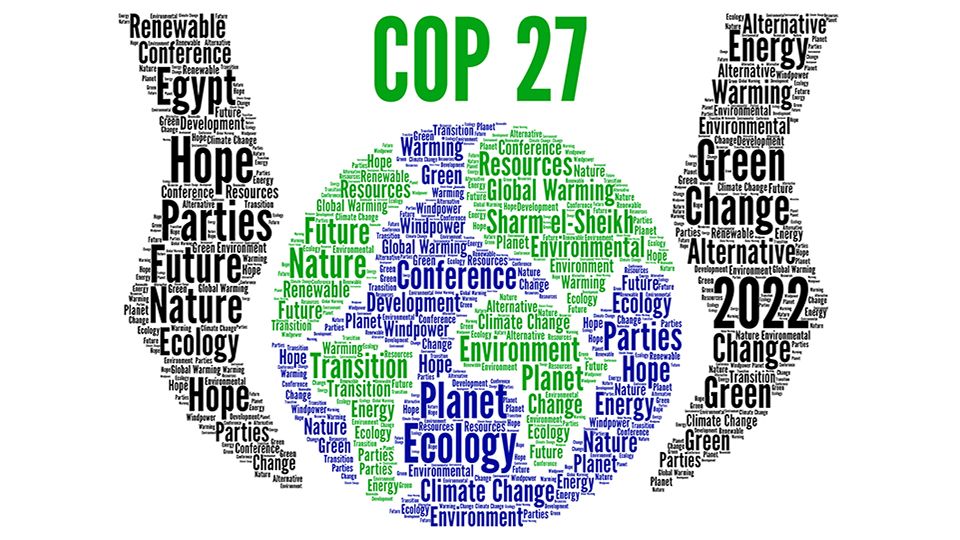Today, every country in the world has adopted the goals of the Paris Agreement.
However, global GHG emissions have been on the rise since the Agreement was reached in 2015. Climate scientists around the world have repeatedly issued stark warnings, calling for this upward trend to be urgently reversed. Change should be in one direction only: toward a faster, more ambitious and just transition to net zero.
But so far, we aren’t seeing the necessary shift in mainstream investment practice to respond to the climate crisis. How private capital is directed will be essential in the transition to net zero. As the Investor Group on Climate Change (IGCC) experts wrote: “Climate change will be a crucial factor in beneficiaries’ long-term financial returns, and the highest net economic benefit is limiting climate change damages from warming above 1.5°c.” In short, there is a clear economic benefit to acting now.
The Principles for Responsible Investment (PRI), in partnership with United Nations Environment – Finance Initiative Partnership (UNEP FI) and The Generation Foundation, tasked law firm Freshfields Bruckhaus Deringer with investigating more closely the legalities around investor action on sustainability impact, including on climate, across 11 jurisdictions.
This work, published in the 2021 report A Legal Framework for Impact, addresses this essential question: Are investors allowed, or even required, to actively try to improve the sustainability impacts of their investments? The answer established by Freshfields’ research is broadly “yes” – investors’ legal obligations mean they should consider investing for sustainability impact where this is relevant to their investment purpose.
A big reason financial flows are not shifting at scale for sustainability is because it’s incredibly hard to change behaviors that delivered past success. But our current reality is very different to our past. We live in a rapidly changing world and investors need access to the right tools and knowledge to navigate these changes successfully – and unlock the trillions needed to realize the benefits of a sustainable financial system.
ESG investing is not about deciding to change the world, it’s about adapting to how the world is already changing. It is about ensuring that investors are equipped to navigate these challenges and contribute to solutions while continuing to deliver returns to their beneficiaries and clients. Indeed, the legal analysis indicates that investors may have an obligation to discharge their fiduciary duty in this way.
COP27 has the potential to be a key milestone for this work. The COP conference cycle represents an opportunity for public policy reform to reflect the legal and regulatory realities faced by investors. The commitments taken during the conference, have (at least in part) the aim of bringing the commitments made through the Paris Agreement closer to reality. The decisions taken by governments should represent the highest standard of commitment to addressing the climate crisis. Public policy must pave the way and set the new rules of the game. Investors should then discharge their fiduciary duty effectively, to better navigate the broader risks our societies and economies are facing.
COP27 is a chance for governments to send stronger signals to investors. Led by a developing economy this year, with high stakes in addressing effectively and rapidly the unfolding climate crisis, the conference’s aim should be to create a level playing field for us all, by helping to make financial flows consistent with low greenhouse gas emissions and climate-resilient development.
It’s important to be clear on the shared stakes. Currently, we all need to do more to address the increasing urgency of the climate crisis. We are, quite simply, running out of time. Awareness among investors is growing – increasingly they’re conscious that ESG is not and should not be an afterthought in the investment process, but rather a core tool, used to systematically support the best investment decisions for the world, both as it is today and as it will be in future.
We now need governments to step up and take action. COP27 represents a clear opportunity to indicate to the financial sector that public policy will reflects this need. Ultimately, this year’s COP can help foster a global regulatory and legal landscape which will enable the investment industry to better navigate the challenges of our rapidly changing world.








